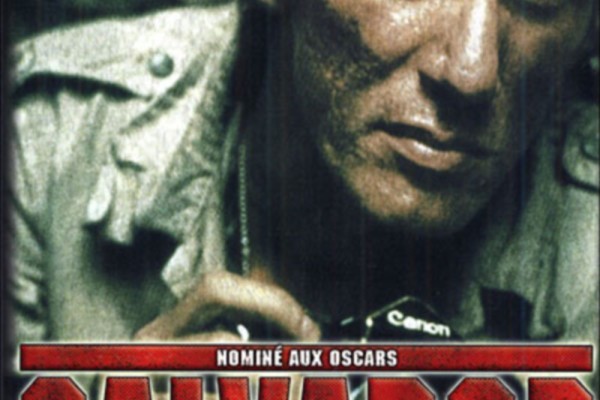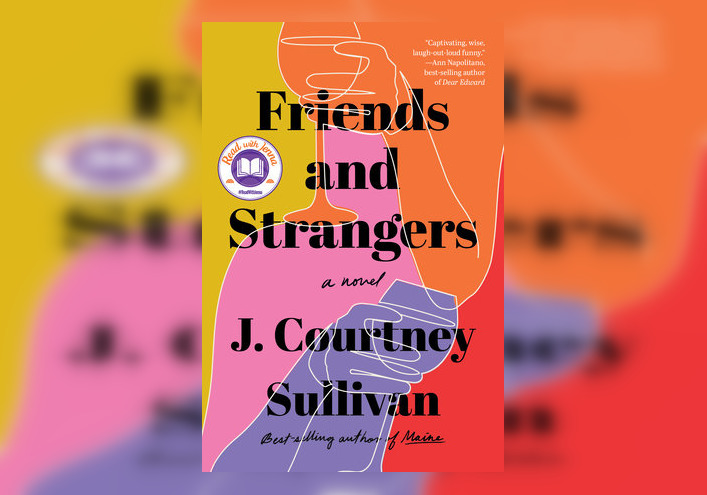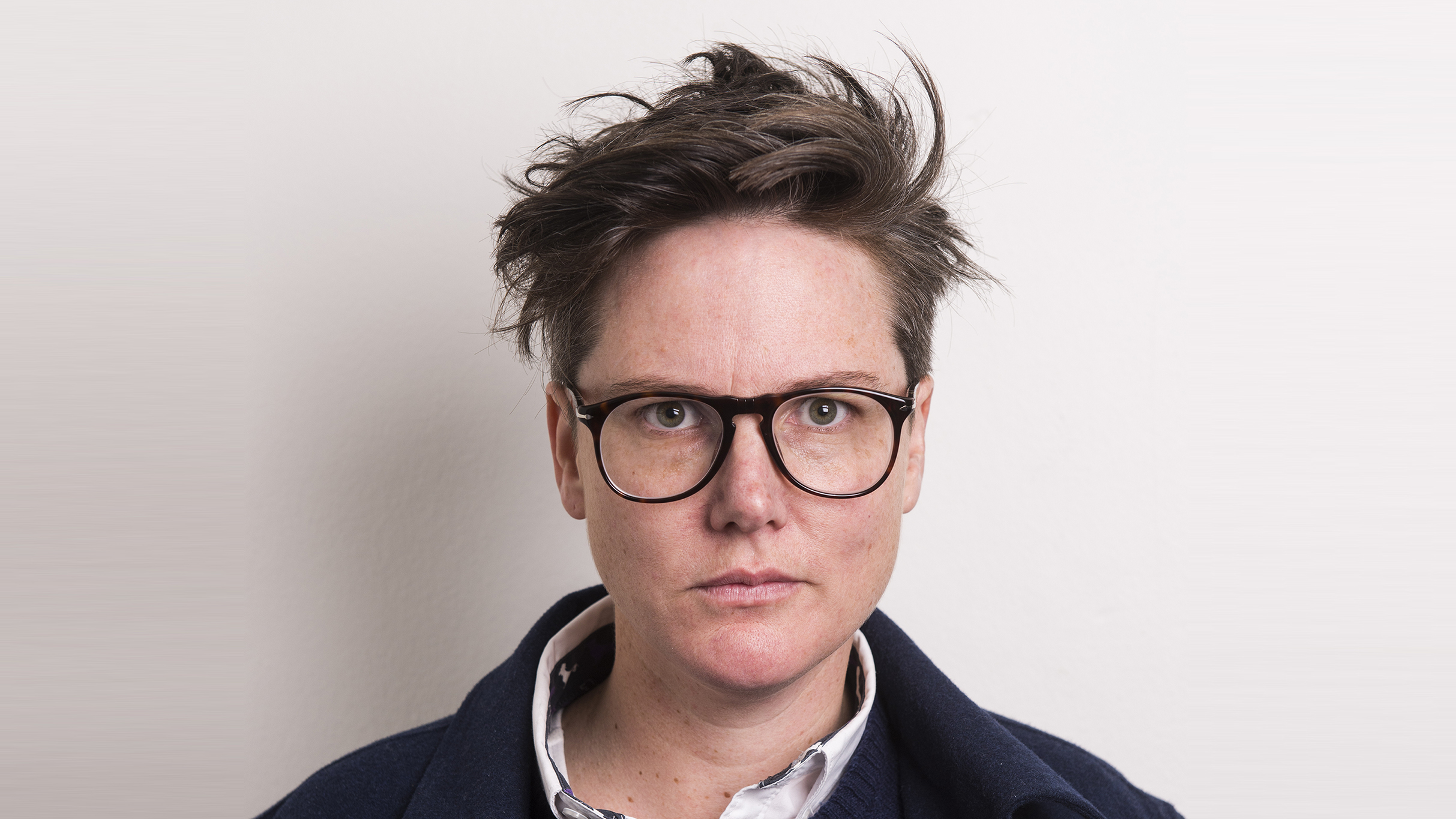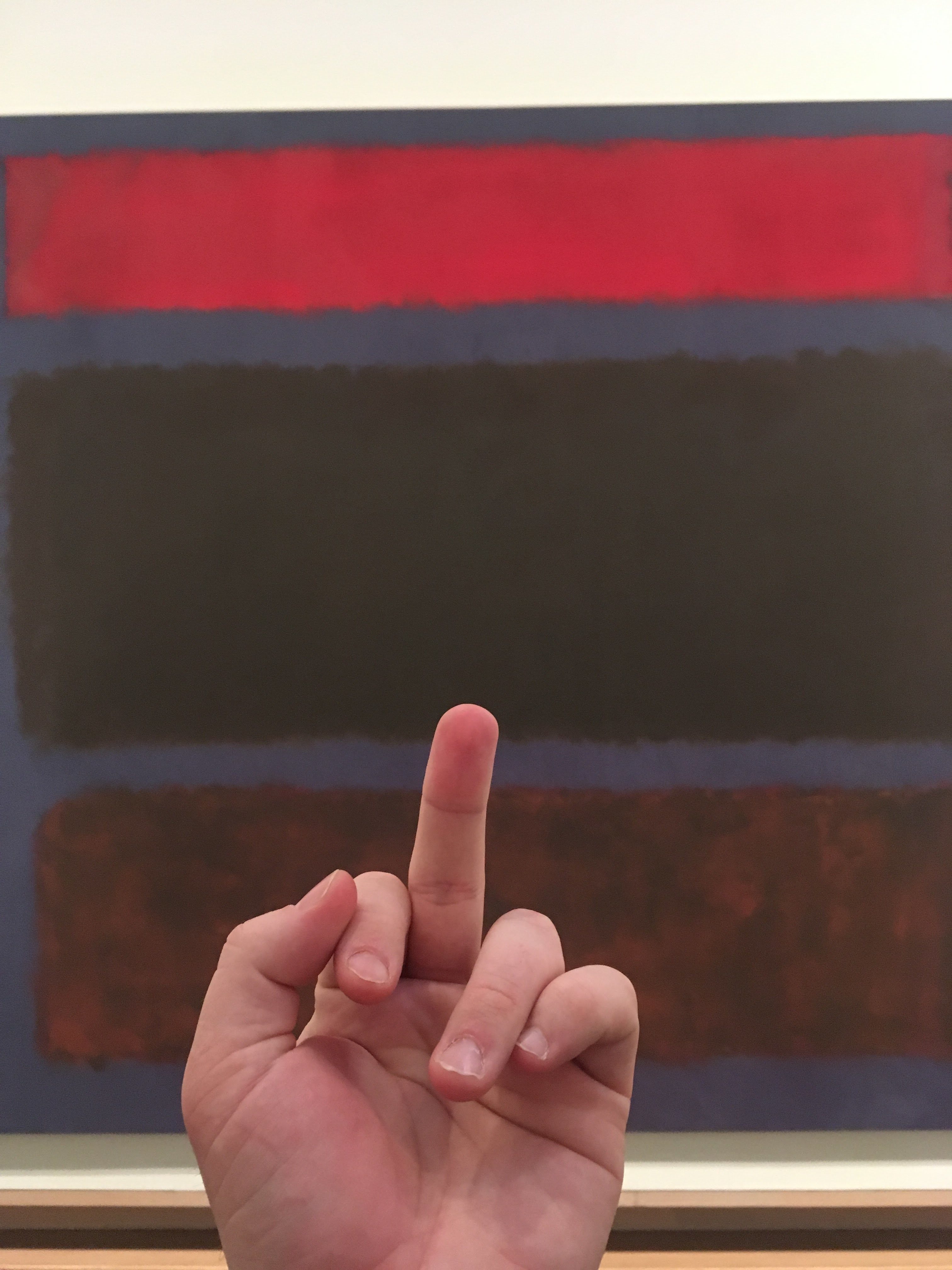[tube]http://www.youtube.com/watch?v=5e3na-7QZtA[/tube]
by Daphnee Denis
Oliver Stone believes Salvador wasn’t a box office success because of the “South American curse.” The film was welcomed by the critics and nominated for two Academy Awards, but Americans don’t care about “what happens in the back kitchen,” he said at the New York Film Festival’s screening of Salvador, his film on El Salvador’s civil war.
It’s a shame.
Salvador deserves the kind of praise heaped on Platoon, an opus on the Vietnam War that established Stone as a director back in 1986, only months after Salvador was released. Platoon was a bloody meditation on Stone’s personal experience in Vietnam.
Salvador revisits the civil war theme. However this time Stone employs the eyes of his friend, journalist Richard Boyle. Boyle witnessed the worst of the Salvadorian military repression, and his notes from the field inspired the film’s plot.
The film denounces the United States’ involvement to fund the Salvadorian government against the communist guerrilla. The repeated massacre of Salvadorians contrasts dramatically with the in-house politics of the US embassy, where the decision to fund the government’s repression against the revolutionaries is eventually made. The message is clear: in 1980s America, bloodshed was preferable than communism. “Salvador was another Vietnam,” Stone said at the New York Film Festival. He discussed the film with his main actor, James Woods, who played Richard Boyle in the film.
Salvador is a messy movie. The 2 million dollar budget barely covered expenses, so production was done on the cheap. The transitions between scenes are jolting: many times, Stone could only film one take and go with whatever he got out of it. His off-the-cuff approach resulted in some highly unlikely moments, such as Boyle’s misplaced confession, right before the start of a mass. This would never have taken place in a real Catholic setting, as Woods likes to point out.
Still, part of the joy of the film lies in its imperfections. Plotlines oscillate between humor and horror, reflecting the strange blend of cynicism and empathy governing a war reporter’s life. The film is also honest about Boyle’s not-so-heroic personality – Stone portrays him as a drug addict with one woman in each country and a tendency towards opportunism.
Despite its pro-guerrilla stance,Salvador strives to be even-handed in its description of the civil war: the army is violent, but guerrilleros are shown to be brutal too, although Stone said he regretted this part of the story (there was never proof that the guerrilla murdered soldiers en masse.)
Most of all, it’s an astonishingly ambitious project for a brand new director. When Salvador was shot, Stone was only “the guy who’d written Scarface,” as Woods put it. Still, Stone wasn’t afraid to tackle a two-hour-long history of the Salvadorian conflict. “I used to think I could do big things,” Stone said. Now Hollywood “doesn’t treat history well anymore”, and even he “limits” himself.
When Stone was filming Salvador, money seemed to be his only limitation. Stone was convinced Salvador would be his last movie, both because of financial and production difficulties. He directed in a fog of rage and despair. The team was expelled from Mexico, where part of the film was shot, “because of all the rules we’d broken.” Stone kept fighting with Woods –at one point, Woods even pointed a blank loaded gun at Stone. The cast was on edge. Yet according to Woods, if anything, all of those difficulties made the movie more compelling: “Working with Oliver is like good sex: the sweatier, the dirtier, the more agony you go through… the better.”
This “good sex” vibe permeates the film. Salvador was shot 25 years ago, but hasn’t aged – it’s still young, passionate – hot, even. It is strange then, that Salvador remains one of Stone’s most under-appreciated works, 25 years on.
Time to get over that South American curse.
Daphnee Denis contributes to Slate France and MSN, and is currently a master’s student at the Columbia Graduate School of Journalism.




